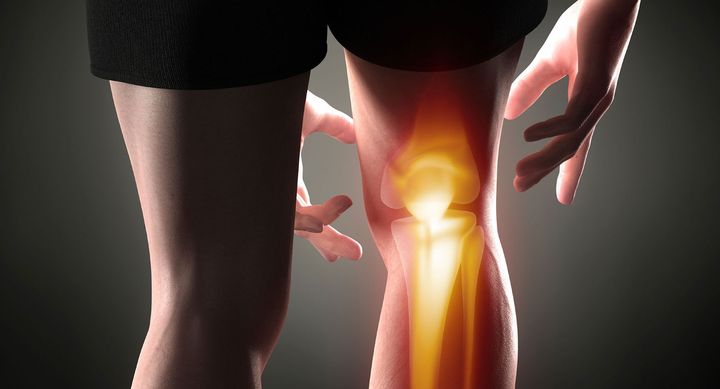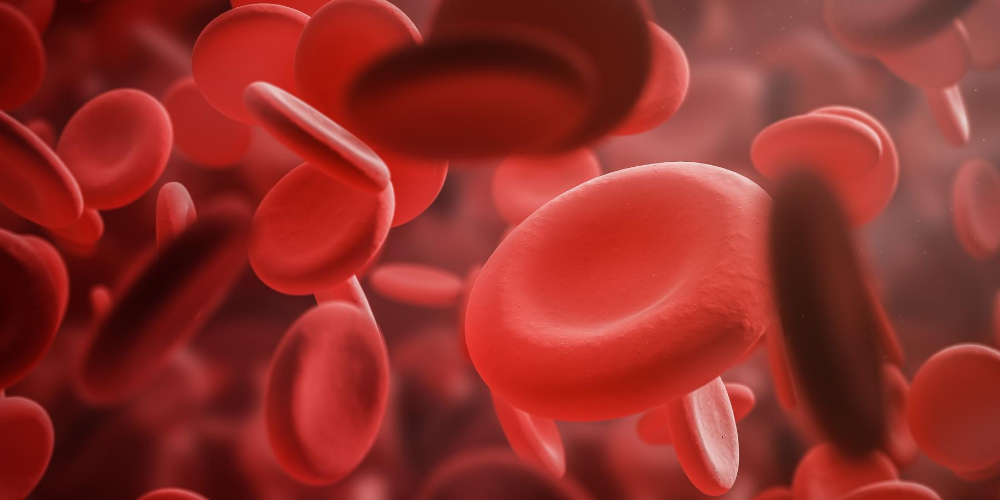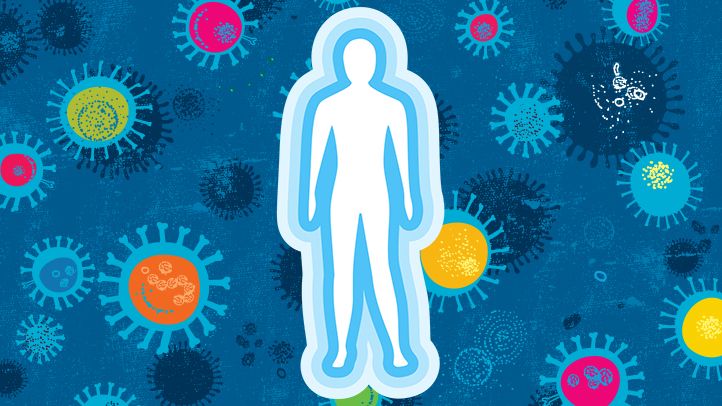Minerals are one of the essential nutrients in the human body, they are also very important in maintaining activity as well as protecting human health. Conversely, if our bodies lack minerals, the body’s activities will be unstable, even cause many dangerous diseases. So, what are the essential minerals? What is the role of them in the body?


1. What are the essential minerals?
✅ Essential minerals are a group of non-energetic substances but play many important roles and functions in the body. There are nearly 60 elements including substances with high content classified as micronutrients such as Ca, P, Mg, K, Na, and substances with small content classified as microelements such as I, F, Cu, Co, Mn, Zn …
2. What would you be without essential minerals?
- Increased likelihood of flu, infections.
- High blood pressure, depression, anxiety.
- The body does not grow or weak bones.
- Sore muscles, joints.
- Digestive disorders.
3. Role of essential minerals
3.1 Helps strong bones and teeth


✅ Your bones always need minerals to provide movement, protection, and support for the body. Calcium is the most abundant mineral in your body and it is found in bones and blood. Minerals like phosphorus, magnesium, and calcium work together and help strengthen your bones. These minerals also maintain and enhance bone strength.
3.2 Increases muscle and nervous system activity


✅ Potassium is found in bananas, tomatoes, greens, fruit, and beans. This mineral is important in keeping your nervous system and muscles functioning properly. Without potassium, your nerves won’t be able to generate signals to control your body’s movement, your heart muscles won’t be able to contract, etc. Magnesium is an essential mineral for digestive function in the body, including spasms and nerve impulses. Common symptoms of magnesium deficiency are tiredness, no energy, numbness in the arms and legs, and muscle cramps.
3.3 Regulating the cardiovascular system


✅ If the potassium level is low, it can lead to arrhythmia and danger. Too high potassium levels will also cause instability in the heartbeat. The adjustment of blood pressure can be adjusted by the amount of sodium in the body. Sodium deficiency is rare and excess sodium is more common. If you have excess sodium, your blood pressure will increase.
3.4 Catalyst chemical reactions in the body


✅ Iron helps synthesize hemoglobin and participates in the composition of many oxidizing enzymes in cellular respiration, iron deficiency causes anemia. Iodine is involved in making thyroxin, a hormone of the thyroid gland, iodine deficiency is the cause of goiter. Copper and Cobalt are also substances involved in the process of hematopoiesis …
3.5 Join the immune system


✅ Zinc is one of the important minerals in keeping your immune system healthy, helping your body fight infections, heal wounds, and regenerate cells in the body. Selenium is also essential in your immune system, a lack of selenium will also be prone to heart disease and some cancers.
3.6 Benefits for pregnant and children
Minerals are especially important for pregnant women, nursing mothers and young children.


For pregnant women, it is necessary to provide adequate minerals for the body to ensure the health of both mother and baby, especially with the following 14 minerals: calcium, chromium, copper, fluorine, iodine, iron, magnesium, manganese, molybdenum, phosphor, potassium, selenium, sodium and zinc.


For young children: Minerals are an essential source of nutrition for the development of the fetus and young children.
- Iodine contributes to the fetal nervous system development.
- Calcium and phosphorus are important components in bone and tooth structure. Selenium helps your baby boost immunity.






Leave a Reply